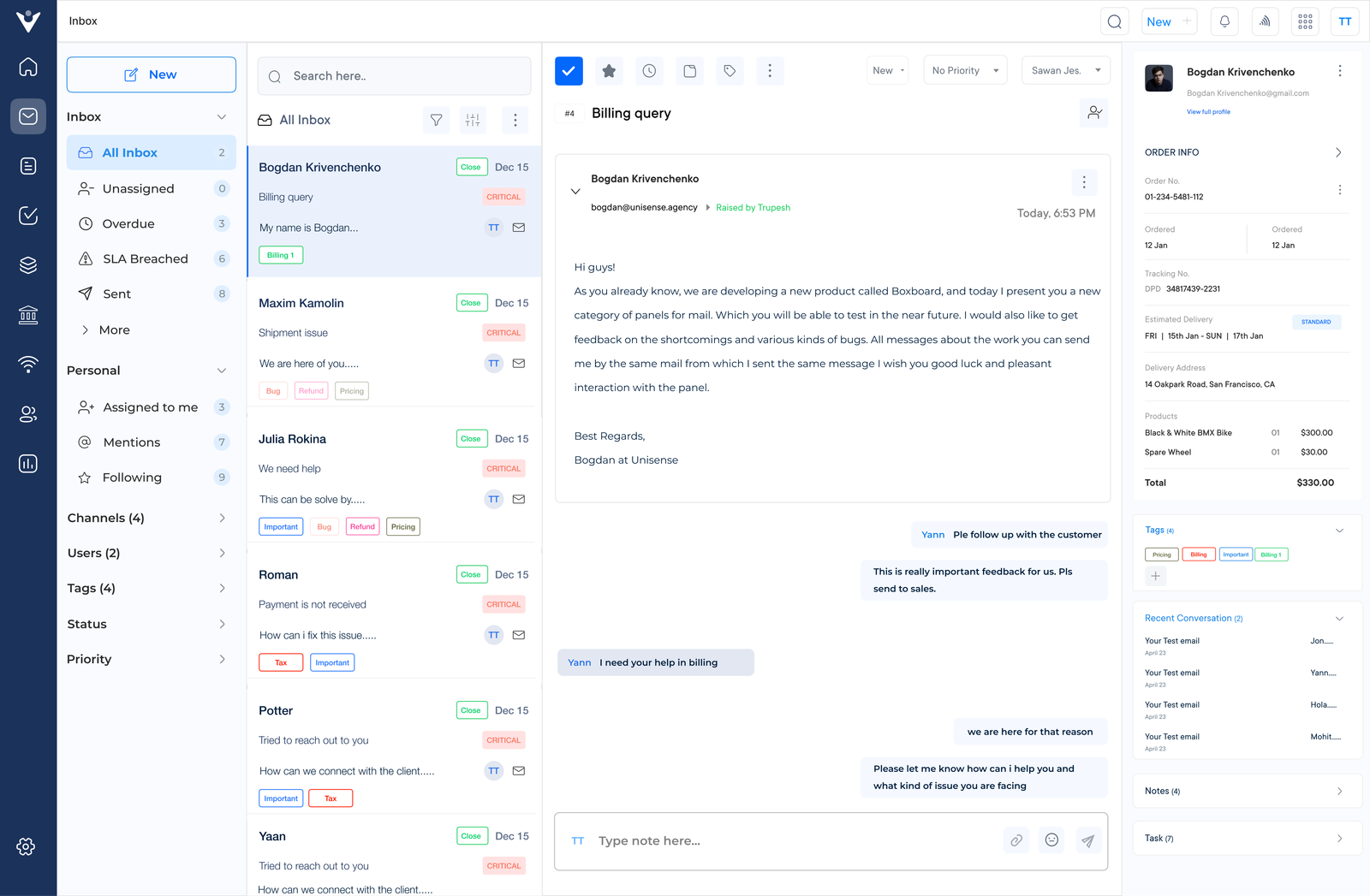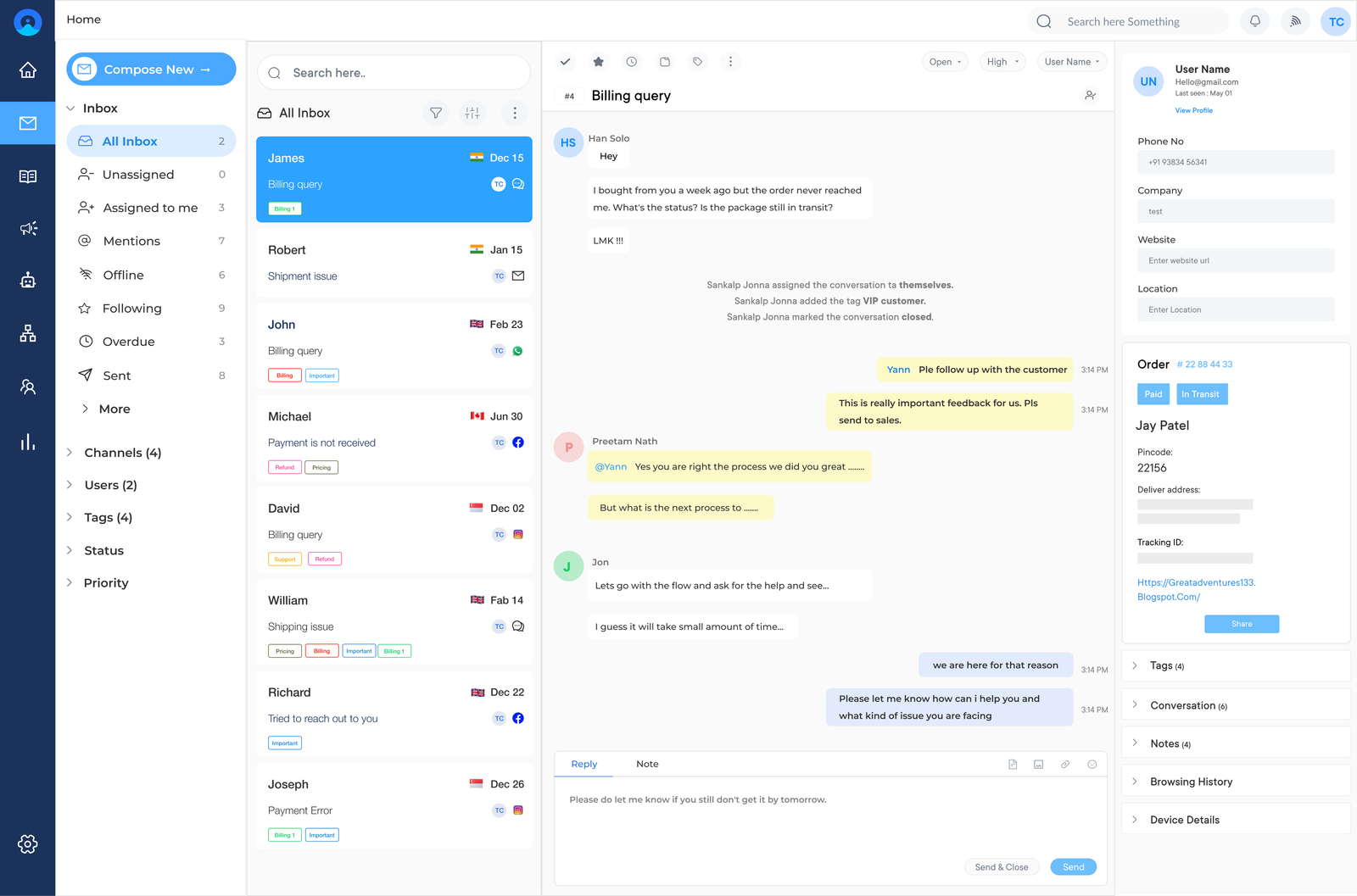1. Define and Document Standard Operating Procedures (SOPs)
Setting up standard operating procedures (SOPs) is essential for ensuring consistency and efficiency in managing customer inquiries. SOPs define the step-by-step processes for handling different types of issues, ensuring that all support staff follow the same guidelines. Documenting SOPs also helps in training new team members and maintaining quality service standards.
2. Implement a Ticketing System
A ticketing system is a centralized platform for managing and tracking customer support requests. It helps in organizing incoming tickets, assigning them to the appropriate support staff and monitoring their progress. A ticketing system streamlines communication, ensures accountability and allows for easy tracking of customer issues.
3. Hire and Train Competent Support Staff
One of the most critical components of an effective help desk system is having a competent and well-trained support team. Hiring individuals with excellent communication skills, problem-solving abilities and a customer-centric mindset is essential. Providing comprehensive training on SOPs, the company’s solutions and the ticketing system is crucial.
4. Prioritize Effective Communication
Clear and timely communication is key to managing a successful small business help desk system. Encourage support staff to communicate effectively with customers, providing updates on ticket status, resolution timelines and any additional information needed. Prompt responses can go a long way in building positive customer relationships.
5. Implement a Feedback System
Feedback from customers is invaluable for improving the help desk system and enhancing customer satisfaction. Implementing a feedback system such as surveys or feedback forms, allows customers to share their experiences for improvement. Analyzing feedback data can help identify areas of improvement and shape future training.
6. Empower Support Staff with Tools and Resources
Equipping support staff with the right tools and resources is essential for efficient help desk management. Providing access to knowledge bases, customer relationship management (CRM) software and other support tools can help support staff resolve issues quickly. Offering ongoing training opportunities can empower support staff to excel in their roles.
7. Continuously Improve and Adapt
The business landscape is constantly evolving and it’s essential to continuously improve the small business help desk system. Regularly review SOPs, analyze performance metrics and seek feedback from customers to identify areas for improvement. Staying agile and proactive in addressing customer needs can help ensure the long-term success of the help desk system.





















